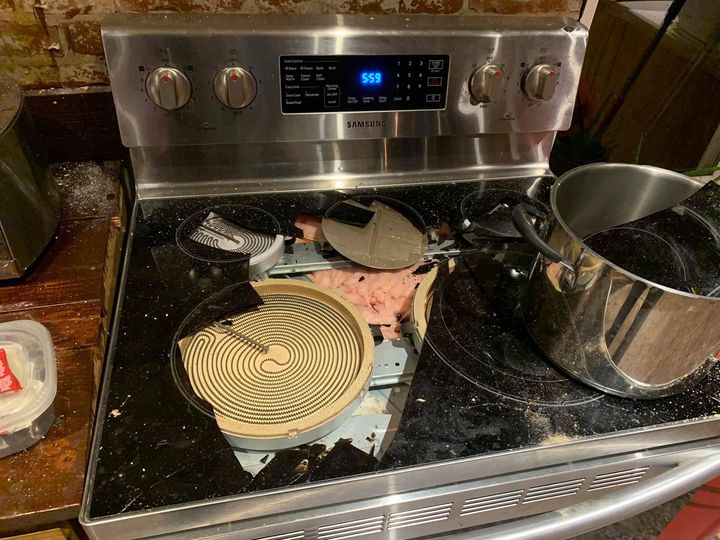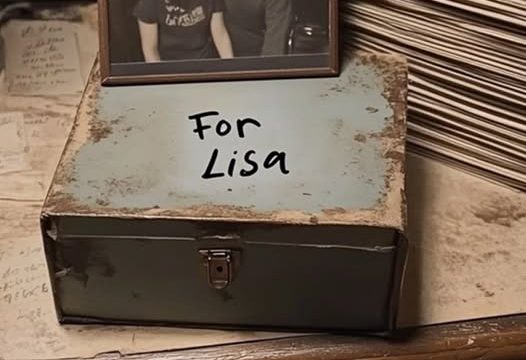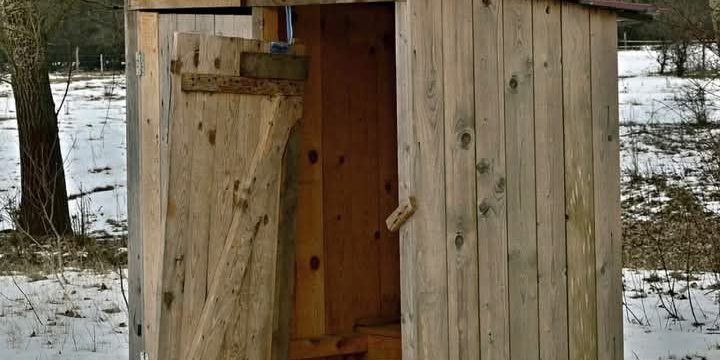
Glass top stoves are a sleek and modern addition to any kitchen, offering both aesthetic appeal and easy cleaning. However, they come with their own set of vulnerabilities. One common mistake—placing a hot lid directly on the glass surface—can lead to costly damage or even a shattered cooktop. Let’s explore why this happens, the risks involved, and how to protect your glass top stove from unnecessary damage.
Understanding the Fragility of Glass Top Stoves
Glass top stoves are made from tempered glass, designed to withstand high temperatures and the rigors of daily cooking. Despite their durability, they are not impervious to damage. Certain actions can compromise their structural integrity, leading to cracks or complete shattering.
The Hazard of Placing Hot Lids on the Glass Surface
When you place a hot lid face-down on a cool glass stovetop, the heat becomes trapped between the lid and the glass. This creates a vacuum seal due to the rapid cooling and contraction of air, leading to increased pressure on the glass surface. The result? A spider-web-like crack that not only ruins the aesthetics of your stove but can also make it unsafe to use.
Cracked Glass Stove
- Safety Hazards: A cracked stove might seem like a minor issue, but it can present serious risks. It could shatter entirely under heat or pressure, posing a danger to anyone nearby. Additionally, cracks can disrupt heat distribution, leading to uneven cooking, which could cause electrical short-circuits or even fires.
- Functional Impairments: Cracks can interfere with the stove’s heating elements, causing them to malfunction or heat unevenly. This inconsistency can lead to poorly cooked meals or even burnt food.
Preventative Measures to Protect Your Glass Top Stove
- Avoid Placing Hot Lids on the Glass Surface
- Use Trivets or Cooling Pads: Never place a hot lid directly onto your glass top. Instead, use heat-resistant trivets, cooling pads, or any heat-resistant surface to rest hot lids. This simple habit can prevent a major disaster
- Handle Cookware with Care
- Avoid Dropping Heavy Cookware: Heavy pots and pans, especially cast iron, can easily crack the surface of your stove if dropped. Always handle cookware with care, lowering it gently onto the stove to avoid creating a sudden impact
- Use Suitable Cookware
- Opt for Flat, Smooth-Bottomed Pots and Pans: Uneven cookware can scratch the glass, weakening it over time and making it more prone to cracking. Ensure your pots and pans have flat, smooth bottoms to minimize the risk of damage
- Regular Cleaning
- Maintain a Clean Surface: Routine cleaning is key to keeping your stove in top condition. Wipe the surface after each use, removing crumbs and particles that could get trapped under cookware, leading to scratches. Use gentle, non-abrasive cleaners specifically designed for glass top stoves to avoid further damage
- Be Mindful of Temperature Changes
- Avoid Sudden Temperature Shocks: Sudden temperature changes can cause your glass top stove to crack. Avoid placing hot cookware on a cold stove or splashing cold water on a hot surface. Allow the stove to cool down naturally after cooking
What to Do If Your Glass Top Stove Cracks
- Assess the Damage: If you notice a crack on your glass stove, stop using it immediately. Continuing to cook on a damaged surface can worsen the crack, increase safety risks, and possibly damage the internal components of the stove.
- Consult a Professional: For small cracks, professional repair might be an option. However, larger ones usually mean that you need a replacement. Consult an expert technician to find the best course of action.
Conclusion: Safeguarding Your Glass Top Stove
While glass top stoves are a wonderful addition to any kitchen, they require careful handling. By avoiding common mistakes such as placing hot lids directly on the surface and using the right cookware, you can prevent damage and ensure your stove remains in good condition for years. Remember, a little caution today can save you from costly repairs tomorrow!





